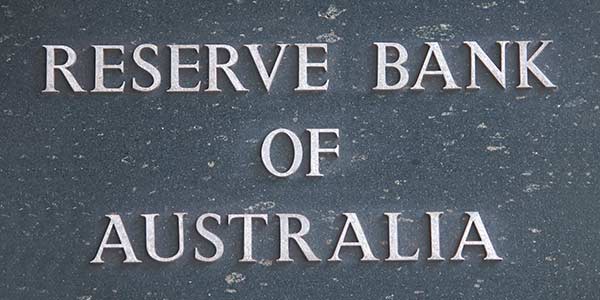Do you feel burdened by several credit card debts and other outstanding loans and you think debt consolidation could provide some serious relief? Debt consolidation is a new loan that allows you to pay off your multiple balances in one monthly payment. It doesn’t erase all your debts but simply makes it easier for you to repay. So, if you want to have a clean slate for keeps, make sure that you don’t fall into these debt consolidation traps:
Ignoring the cause of your debt problems.
Debt consolidation helps people manage the repercussions of bad debts. But it is just a temporary solution to your problem. Addressing the root cause of your debts, such as your lifestyle, money-management issues and other related things can help you analyze why you sunk in debt and how you can get out of it.
It is important to ask yourself, “What got me into a pile of debt?” Remember that it takes a while before debts become unmanageable. It is almost impossible to come up with a quick solution to internal debt issues when you fail to see where and how it started.
Debts did not grow overnight so unless you come up with a concrete idea with what got you into a financial mess, the same situation is likely to repeat itself.
Australian Lending Centre has in-house professionals to help you in retracing your financial actions. We can help you with our debt management plan and debt consolidation loans to deal with your present debts as we help you identify your spending habits.
Perhaps you were taking high-interest loans without knowing it or you are not paying your loans right. In other cases, the problem could be as simple as forgetting the due dates or the existence of debts itself.
Not making a proactive effort in searching for the best consolidation loan.
Here are some factors that you need to consider when choosing a loan consolidation program:
-
- all of your outstanding debts
- interest rates
- lenders’ willingness to negotiate a lower rate
- consolidation options
Consolidating debts has its own implications. Some lenders offer rates and fees that creep up over time. Others will charge you hefty fees that may put your assets in line in exchange of deceiving interest rates.
Australian Lending Centre gives you different options to pay for your debts. If you want to pay a lump sum to settle all your debts for less than what you actually owe, we can help you do that. You can also talk to us about our debt management program and see whether or not it can work for you. A debt management plan usually involves making an agreement with your creditors to consolidate the full amount of your loans. The negotiation is successful if you get lower interest rates or longer repayment period.
Thinking that you are finally out of debt.
Debt consolidation is still a loan. While you no longer have to deal with angry collection calls and you are not pestered with high-interest credit card bills, you cannot go back to your old habits. One of the big debt consolidation traps is forgetting he your debt problems were caused in the first place. Avoid falling back to maxing out your credit cards once again. Don’t give in to the temptation of charging all of your credit cards with zero balances once again, especially if there is no urgent need to do so.
Bear in mind that you still have a substantial amount of outstanding debt. So, if you cannot close most of your credit cards leave them at home and put only your low-charging credit cards in your wallet for emergencies.
Call us today!














